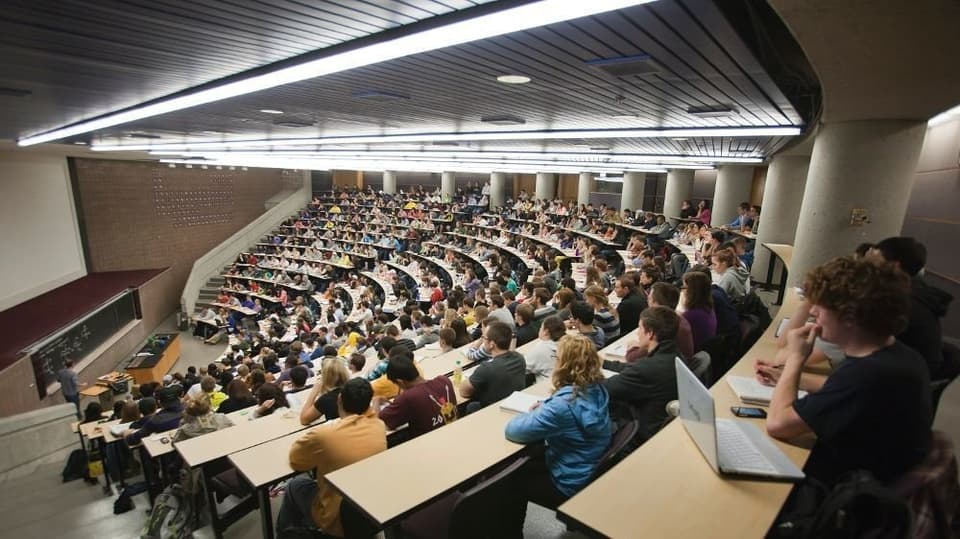
It’s become increasingly common to hear negative rhetoric about how so many – oftentimes too many – young people are going into higher education. We hear that it’s the established, expected road of progression and that it dominates young people’s options post-18. But today’s statistics from the Higher Education Statistics Agency (HESA) show that this isn’t always the case for young people from disadvantaged backgrounds.
Today’s release shows only 11.8% of UK students entering higher education in 2019/20 were from areas which have historically had the lowest participation. The good news is that we’re finally starting to see a small increase after multiple years of stagnation. But small, incremental change isn’t enough.
The benefits of higher education are well known, with the median salary of English graduates £9,000 higher than the median non-graduate salary in 2019, and the gap between working-age graduates and non-graduates in high-skilled employment at 41.7%pts (DfE).
Narratives suggesting that all young people are easily accessing higher education are damaging. Access to higher education isn’t a given for all young people, and too often their background is the determining factor.
Widening participation is about the support provided to young people from disadvantaged backgrounds to enable them to access higher education, do well, and graduate. At Impetus, we believe all young people can succeed with the right support. Which is why widening participation is so important – because, with the right support, we don’t need to wait for small, incremental change.
There are vital steps we need to take to ensure that young people get the support they need to succeed:
- Protect widening participation funding. The expected Augar response has loomed over the sector with its possibility of a cut in tuition fees and the inherent risk that poses to widening participation. The redirection of one third of the budget for the Office for Student’s flagship widening participation programme, Uni Connect, does not bode well. Without it, vital programmes tailored to reach underrepresented groups across the country will be lost, and the gap between young people from disadvantaged backgrounds and their better-off peers will only widen.
- Learn more about what works. The new What Works centre, Transforming Access and Student Outcomes in Higher Education (TASO), is a positive step. Because, whilst our charity partners are driven in demonstrating their impact, the broader evidence base for the impact of specific widening participation interventions isn’t as strong as it needs to be. Investing in the evaluation of what works helps to spend the money that’s needed better.
- Support impactful interventions. Our charity partners, The Access Project and IntoUniversity, deliver impact-driven programmes to help young people from disadvantaged backgrounds access university, including top-third institutions where they are further underrepresented. Research by UCAS shows that young people support by The Access Project are four times more likely to go to a top university than young people with similar socio-demographic and academic attainment profiles.
With the narrative centred on delivering parity between higher and further education, the nuance about who benefits from higher education can get lost. But 2021 is a crucial year to recommit to fair access.
COVID-19 has made fairness in education pivotal, as any changes to the exams process risk disadvantaging students who have suffered the greatest levels of learning loss and who may need additional support to transition to higher education.
The latest expectation is that the long-awaited response to the Augar review is due in the Autumn. The Government runs the risk of a double-whammy for some young people: reducing widening participation by cutting tuition fees and capping student numbers, shutting out young people from disadvantaged backgrounds with potentially seismic repercussions.
It’s shaping up to be a big year for higher education and the HESA stats show that the fight for fair access is not behind us. Because it might not be popular to make the case for more young people to enter higher education – but if we don’t protect widening participation funding, young people from disadvantaged backgrounds will be the ones left behind.
